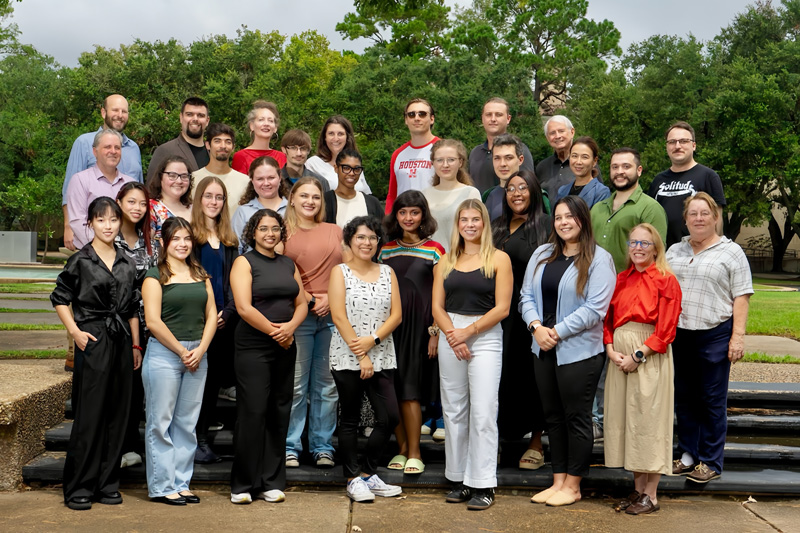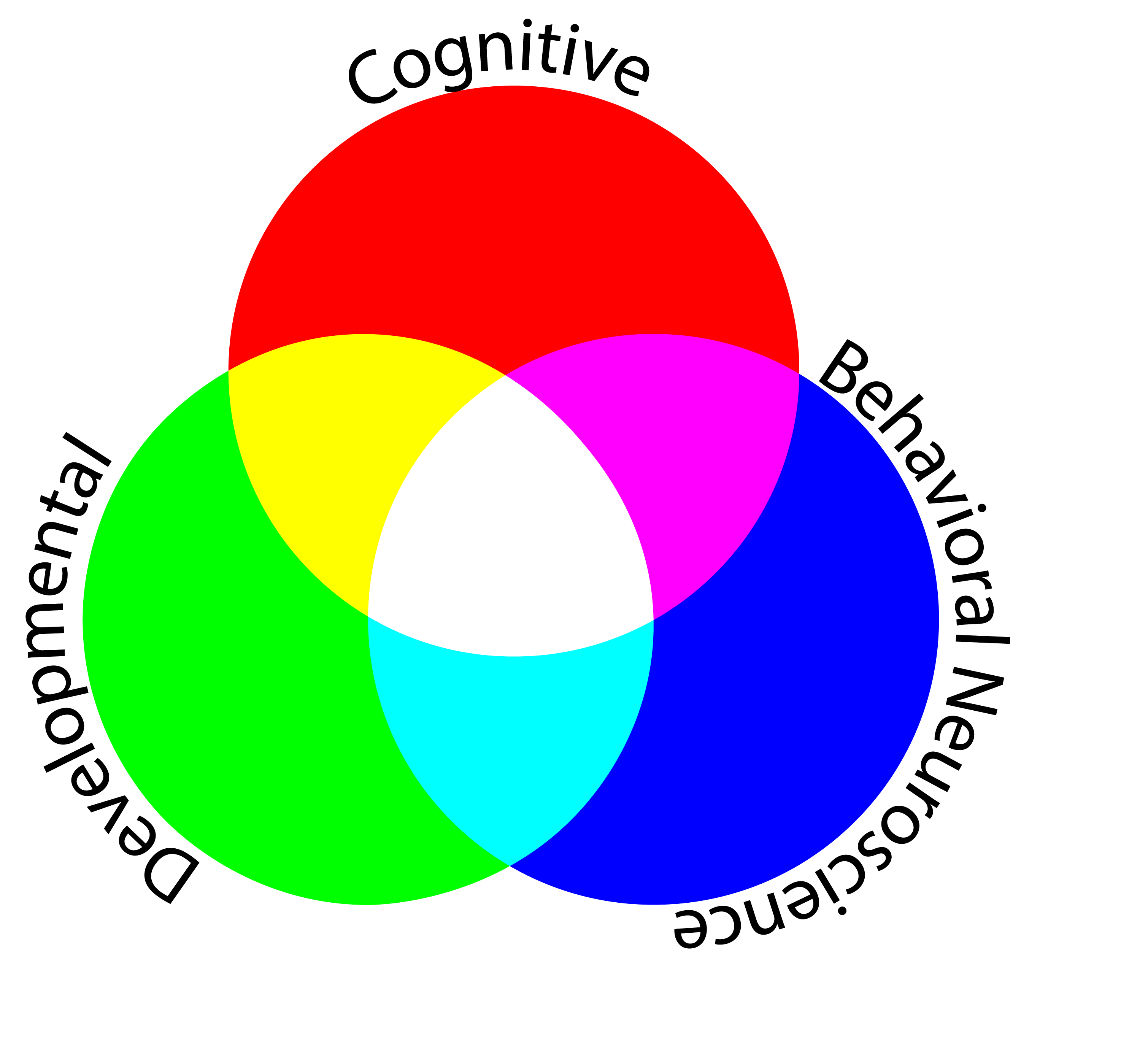ABOUT DCBN


The graduate degree in the Integrative Program in Developmental, Cognitive, & Behavioral Neuroscience (DCBN) is designed to prepare scientists to teach and conduct research in a transdisciplinary context by providing a broad exposure to research topics and approaches within Psychology. Students identify a primary research faculty mentor in DCBN and a committee designed to guide their education and training. They choose amongst the diverse yet interactive group of faculty whose research interests cover the lifespan, employ both human and animal approaches, and focus on cognitive development, genetics and cognitive neuroscience of developmental disabilities, human classroom learning, exercise-driven neuroplasticity, addiction neurobiology, cognitive neuroscience of attention, and neural bases of bilingualism. Many faculty in DCBN have collaborations with researchers in other schools at UH, such as the Schools of Pharmacy, Engineering, Optometry, Natural Sciences and Mathematics, and Education, and at institutions in the nearby Texas Medical Center (TMC). UH is a full member of the TMC linked through federal grants, research institutes, faculty appointments, and other academic activities. Some DCBN faculty conduct their research activities in the state-of-the-art research facilities located in the Health 1 Building. These include the Brain Health & Plasticity Lab, Michael C. Gibson Addiction Research Laboratory, Social Neuroscience Lab, Laboratory of Early Experience and Development, the Human Genetics laboratories, and the UH Animal Behavior Core. Health is also home to the Texas Institute of Measurement, Evaluation, and Statistics, that includes faculty interested in measurement and quantitative methods, as well as to the Texas Center for Learning Disabilities. Other facilities include the Laboratory for the Neural Bases of Bilingualism, the Cognitive Neuroscience of Attention Laboratory, and the Cognitive Developmental Laboratory located in the Heyne Building, that houses the main offices of the Psychology Department, and the Core for Advanced Magnetic Imaging (CAMRI) at Baylor College of Medicine, part of TMC. Taken together, students will have a rich set of opportunities for research and learning within the Department of Psychology and the allied research community in the Houston area.
During the first two years of the program, students will complete several core courses and participate in the DCBN seminar series. By the end of the third year, the student should complete all requirements to advance to doctoral candidacy, including the Master’s Thesis and the qualifying examination. Ideally, the doctorate will be completed by the end of the fourth year. The main focus of training in the program is to guide each student to develop an independent research program in an area of continuing interest to him or her. Completion of the program leads to a degree in Developmental, Cognitive, & Behavioral Neuroscience and areas of concentration include Behavioral Neuroscience, Cognitive Neuroscience, Cognitive Psychology, and Developmental Psychology. Stipends in the form of research and teaching assistantships are available for students.